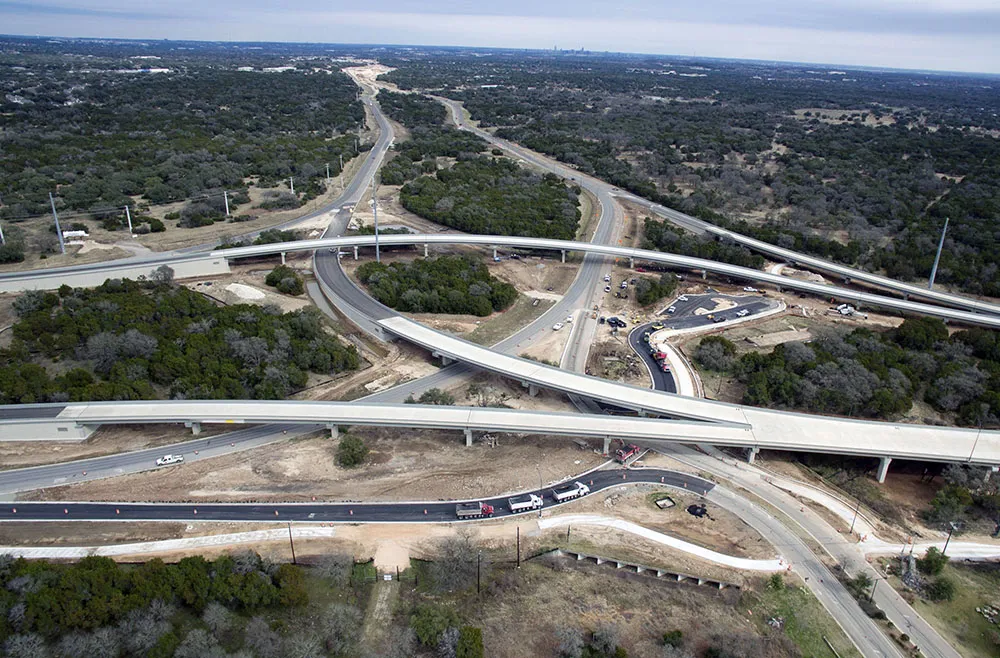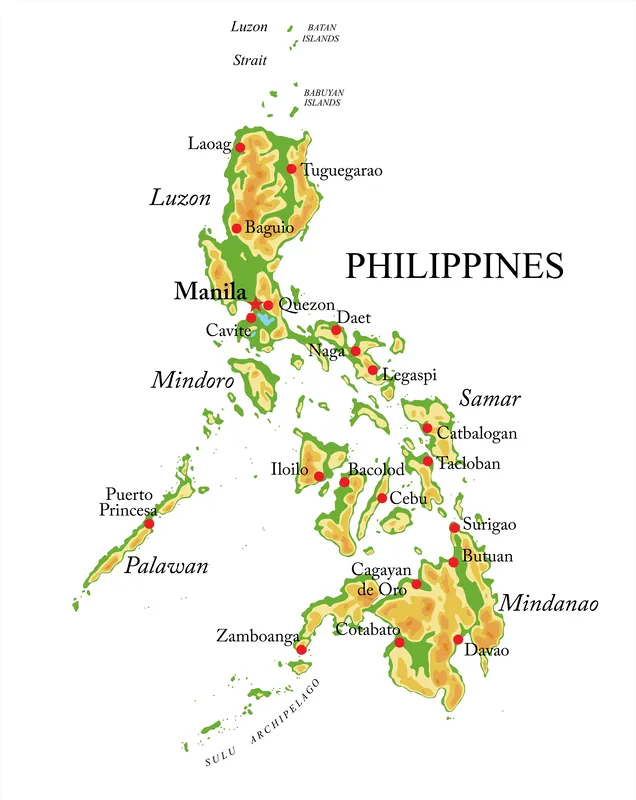The Philippines is said by campaign group Red Advocates to lose US$2.36 billion (PHP 104 billion) each year due to road traffic congestion in the metro area of its capital, Manila.
The nation’s government part says it plans to develop more transport infrastructure to resolve the costly congestion issue. Meanwhile, Red Advocates is urging motorists to drive responsibly on Philippines roads.
December 16, 2013
Read time: 1 min
The Philippines is said by campaign group Red Advocates to lose US$2.36 billion (PHP 104 billion) each year due to road traffic congestion in the metro area of its capital, Manila.
The nation’s government part says it plans to develop more transport infrastructure to resolve the costly congestion issue. Meanwhile, Red Advocates is urging motorists to drive responsibly on Philippines roads.
The nation’s government part says it plans to develop more transport infrastructure to resolve the costly congestion issue. Meanwhile, Red Advocates is urging motorists to drive responsibly on Philippines roads.







